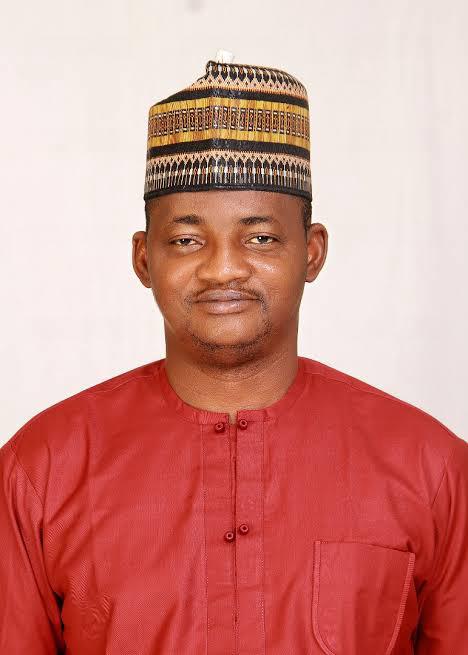The Director General of the Advertising Regulatory Council of Nigeria (ARCON), Dr. Olalekan Fadolapo, clarified that ARCON does not regulate digital media platforms but focuses specifically on advertising content within the digital space.
Speaking during a TVC News programme themed “Nigeria Advertising Regulation Framework and The Digital Platforms Enforcement” and monitored by Abimbola Mohammed of MARKETING EDGE Publication, Dr. Fadolapo emphasized that widespread misconceptions exist about ARCON’s regulatory scope.
Advertising, Not Platforms
He stated: “The word that ARCON is regulating digital media is wrong.
What ARCON regulates is advertising on digital space,” noting that content across all platforms falls into three categories: information, entertainment, and advertisement.
According to him, while content can be delivered through digital or traditional media channels, the agency’s mandate covers only advertising regulation, leaving information and entertainment content outside its purview.
Dual Regulatory Framework
Dr. Fadolapo explained that Nigeria operates under a dual regulatory framework, combining industry self-regulation with statutory government oversight through ARCON.
This approach differs from markets that practice purely self-regulatory or entirely statutory systems.
“We have industry bodies that collaborate in regulatory efforts while the federal government has statutorily established ARCON to perform regulatory functions,” he said.
Corrective, Not Punitive System
He distinguished Nigeria’s corrective regulatory approach from punitive systems operating in other markets, where authorities impose substantial fines for single infractions.
Instead, Nigeria’s framework requires advertisers to submit materials for pre-exposure vetting.
“The law says that before you expose any media, submit your advert material to Advertising Standard Panel (ASP) to vet it.
If there is any mischief, misinformation or disinformation, it would have been solved before exposure,” Dr. Fadolapo explained.
High Compliance in Traditional Media
According to the DG, ARCON has achieved high compliance rates in traditional media, which includes broadcast (television and radio) and print (out-of-home and outdoor advertising).
He noted that Nigeria has evolved “from the era of e-commerce to full digital economy where all elements of physical market are now available” online, creating new regulatory challenges.
Key Stakeholders in Digital Space
Within the digital space, Dr. Fadolapo identified three key stakeholders: operators (business owners), the public (vulnerable consumers), and government (gatekeeper).
He warned that without proper oversight, there would be “maximum exploitation of the general public who are vulnerable through advertisers.”
ARCON as a Digital ‘Speed Breaker’
The ARCON chief described the agency as one of several “speed breakers” with oversight responsibilities in the digital space, ensuring that “advertising is decent, legal and not exploitative.”
However, he emphasized the limited scope of ARCON’s digital oversight: “ARCON is not regulating the digital space.
We are only concerned with advertising that is exposed to Nigerian market using the digital platforms.”
Implications for Businesses
This clarification comes as more businesses shift advertising budgets toward digital channels, requiring clearer understanding of regulatory boundaries and compliance requirements.
The distinction between regulating digital platforms versus advertising content on those platforms carries significant implications for businesses operating in Nigeria’s expanding digital economy, particularly regarding pre-exposure vetting requirements and compliance responsibilities.
WATCH MARKETING EDGE ONTV







Comment
No comments found.